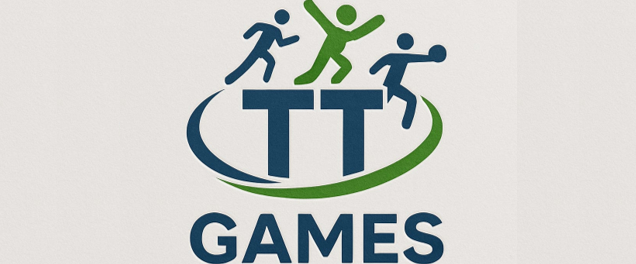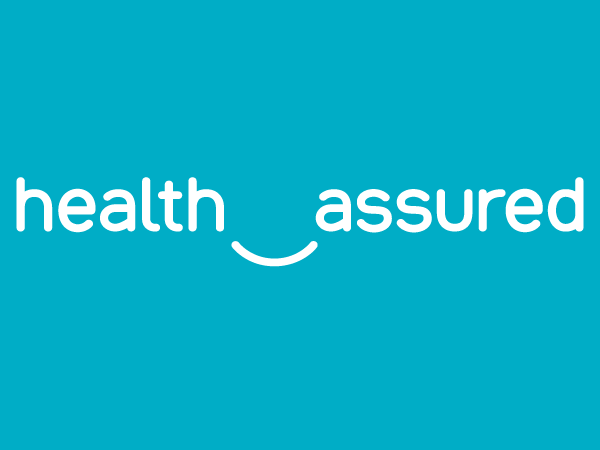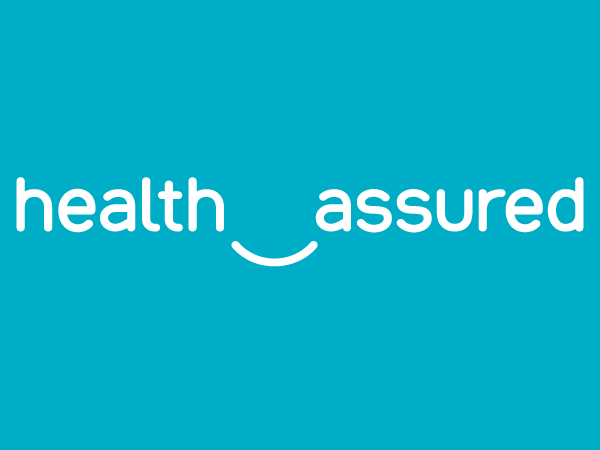Spam! Be In The Know.
Poonam
Head of Managed Services


Unfortunately, in the modern working world, spam, doesn't just come in tins! Spam emails can't be completely avoided so it’s important we know what to look out for and how to deal with instances when we suspect could be Spam… The 'great eight' tips below will help:

- Does the sender’s email address match the URL of the organisation they claim to be from e.g. [email protected] vs [email protected] or [email protected] or [email protected]
- Does the sender’s display name match up to their email address? e.g. From: Joe Bloggs <[email protected]>
- Are there any contact details on the email signature? This isn’t a hard and fast rule as senders may sometimes omit their signatures for their own reasons.
- Is the email personalised to your name, or is it a generic greeting? This is particularly relevant if the message is meant to be from someone you know. If they usually address you by name, ‘Hi George’, but instead the email says ‘Dear Colleague’ – this is suspicious.
- Is the email written to the standard you’d expect from the sender? Everyone makes mistakes from time to time, but if an email comes in riddled with spelling and grammar errors this could be a sign of a fraudulent message.
- Is the email text-based or a solid image? It’s unusual to receive an image-based email that isn’t for advertising purposes.
- Does the email ask for personal credentials? Banks repeatedly issue messaging saying they will never, ever request personal details from you via email. Equally, never give out personal information such as your date of birth, home address or national insurance number unless you are 100% sure as to why you’re doing it and who you’re giving this information to. If you need to, make a call to the number listed on the official company website to find out why you’re being asked for this information.
- Is there a sense of urgency attached to the message you’ve received? It could be an urgent request from your boss asking for payment to be made to XYZ account, or an urgent request for a child’s home address for ‘safeguarding’ purposes. Always double check an urgent request out of the blue, nothing is too urgent to guarantee you’re not putting information into the hands of malicious actors.
Follow these 'great eight' tips to help you, all your files, and everyone at Thrive Tribe stay as safe as possible.
Posted on:
February 23, 2024 11:30 AM













%20GIF.gif)











%20GIF.gif)













.jpg)












%20GIF.gif)





.png)




























